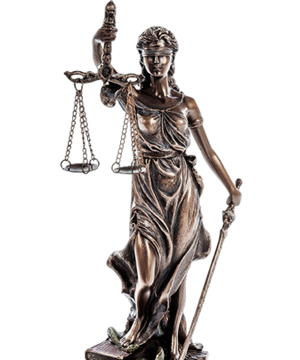AI Brief Writers Spark Controversy in Legal Circles: Judges Issue Fines for Fabricated Citations
In a rapidly evolving landscape of legal research, the integration of artificial intelligence (AI) tools has led to significant improvements in efficiency. However, recent incidents reveal a troubling trend: attorneys are submitting briefs that include references to nonexistent cases, raising grave concerns about professional negligence and the integrity of the legal process.
AI Efficiency Comes with Risks
According to a report by Daniel Wu in The Washington Post, the convenience of AI-generated legal documents may come at a dire cost. While AI promises to streamline research, its capacity to fabricate cases can mislead attorneys into relying on inaccurate citations without appropriate verification.
“Submitting an AI brief without cite-checking it is gross negligence,” commented legal experts amid increasing scrutiny over the use of AI in law.
Legal Repercussions for Negligence
The consequences of these lapses have not gone unnoticed by the judiciary. In May, a Utah appeals court ordered an attorney to pay $1,000 to a local legal aid foundation after it was discovered that his brief included references to non-existent rulings attributed to AI tools. That same month, a federal court in Indiana imposed a $6,000 fine on another attorney for similar transgressions. In California, two law firms faced penalties totaling $31,100 for submitting briefs rife with fabrications during an insurance dispute.
Expert Opinions on Legal Ethics
Lisa Lerman, a law professor at the Catholic University of America, emphasized that the tendency for lawyers to take shortcuts—particularly under time constraints—is not new. Attorneys have historically resorted to practices like plagiarizing from previous briefs or citing irrelevant cases. Yet, AI’s ability to create convincing but false references poses a unique set of ethical dilemmas.
“The dangers of AI fabrications present an entirely different order of risk,” stated legal ethics scholar Gillers. He characterized the failure to diligently verify citations in court documents as a "classic definition of malpractice."
Ongoing Developments and Professional Standards
Legal associations are beginning to grapple with the implications of AI use. In a recent opinion, the American Bar Association noted that neglecting to review AI-generated output could undermine an attorney’s duty to deliver competent representation. Although state bar associations are developing formal policies regarding AI, guidelines on disclosure of its use vary significantly.
As legal professionals navigate this new terrain, the discussion surrounding AI in law remains ongoing, with evolving standards and best practices still taking shape.
The legal community continues to weigh the benefits of using AI against the necessity of ensuring accurate representation. As this situation develops, the call for vigilance in legal practice has never been more urgent.

Focuses on crime, public safety, and regional events.
Bio: Marcus is a community-based journalist passionate about reporting impactful stories that matter most to readers.

